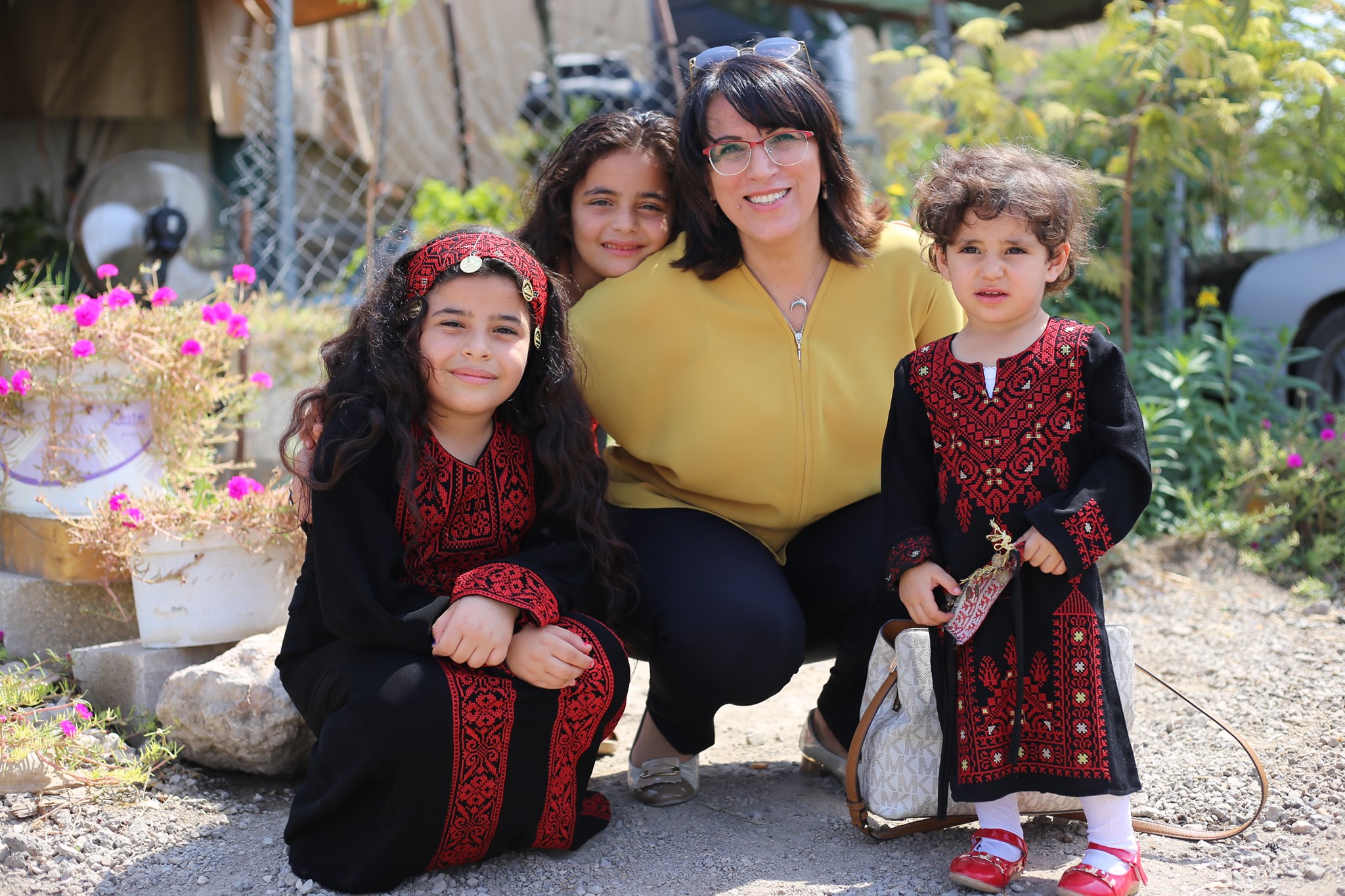Doa Wadi is a professional with 25 years of experience in business leadership and development. Having invested 11 years in microfinance institutions, she has enabled many women’s small and medium enterprises’ access to finance through lendings and grants. Since 2008, she has occupied the position of the Executive Director of Business Women Forum Palestine (BWF), a non-profit association established in 2006, to help “strengthen the role of businesswomen as leaders in the Palestinian economy through advocacy, networking, and the provision of business services.” BWF has members, and beneficiaries from all the West Bank cities and Gaza, and is one of the leading NGO’s for women economic empowerment in Palestine. Since 2006, BWF has helped female entrepreneurs build capacities and skills through tailored training and workshops provided by the Business Development Services Center (BDC), the technical arm of BWF. It has also encourages young entrepreneurs to join a Business Plan Competition (BPC) for women-owned SME’s, an Internship Program to qualify them for the labour market, and a Role Model Program organized in cooperation with schools and universities. It has also advocated women issues in the business sector through the drafting of concept…
“A Strong Woman Equals 100 Men”: Doa Wadi Fights for Gender Equality in Palestine
September 6, 2020



